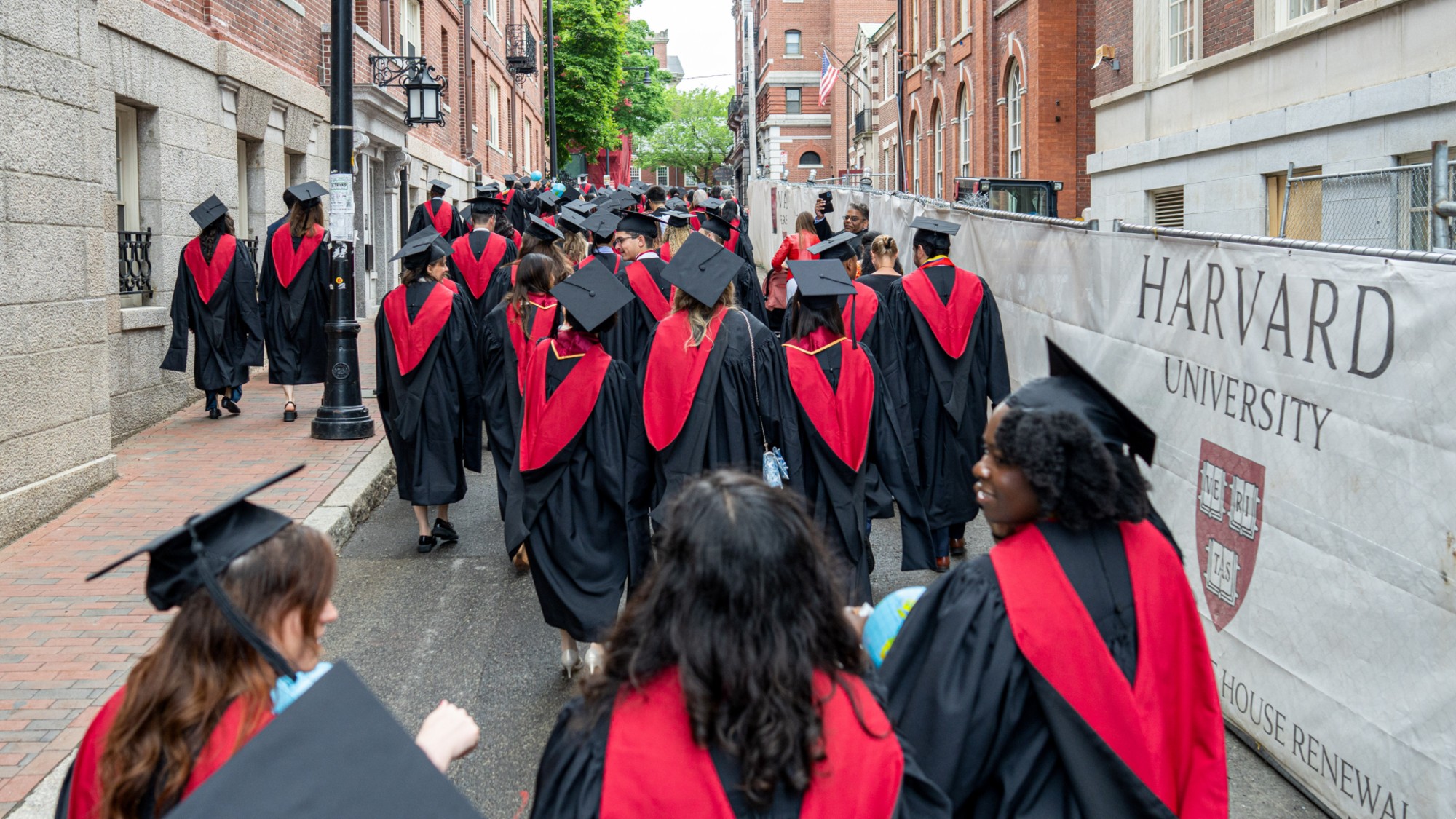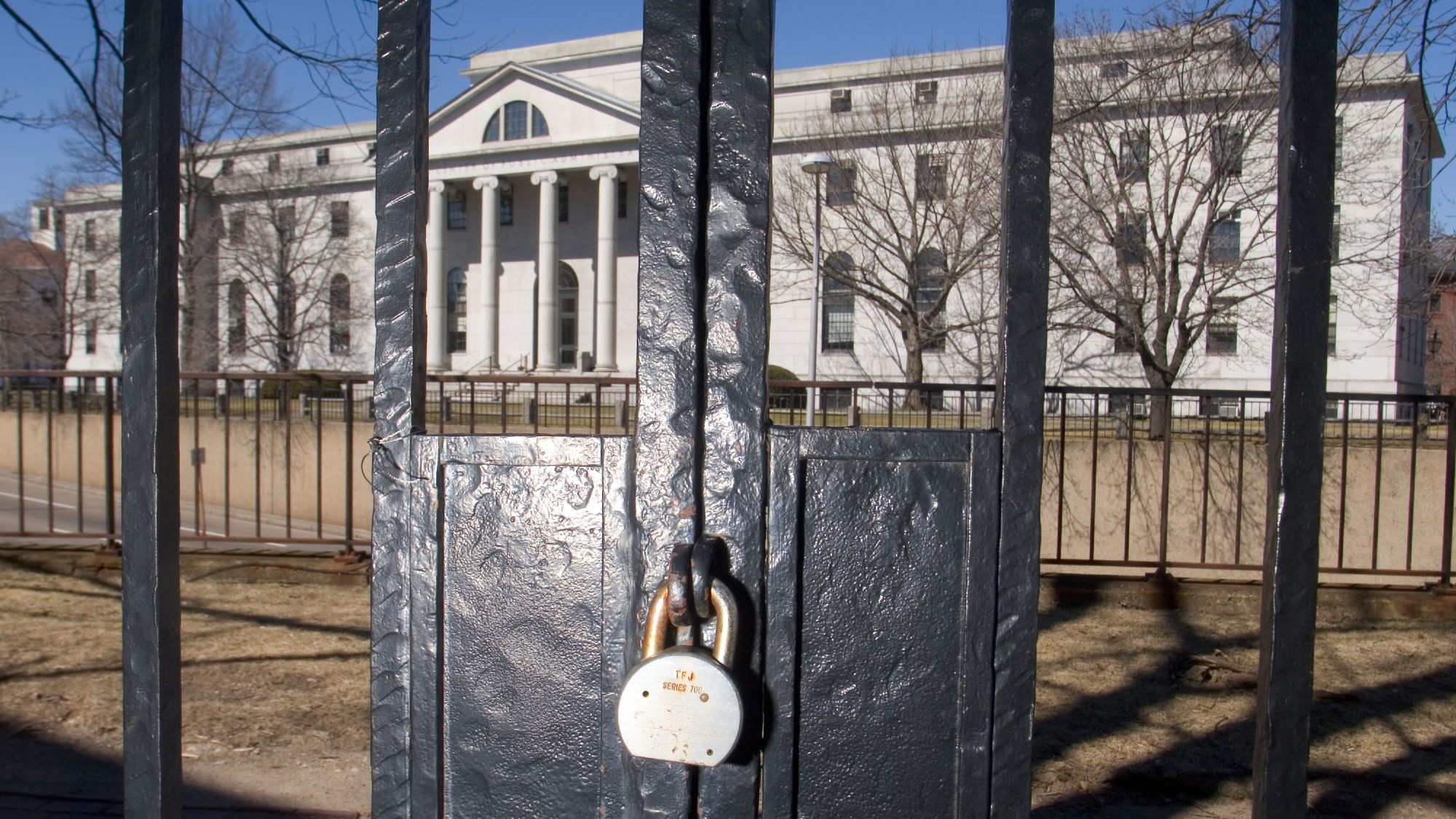Are essay-writing firms devaluing degrees?
University heads call on Department of Education to outlaw ‘cheating industry’

A free daily email with the biggest news stories of the day – and the best features from TheWeek.com
You are now subscribed
Your newsletter sign-up was successful
The heads of more than 40 UK universities have written to the Department for Education to demand a ban on so-called essay mills.
Education Secretary Damian Hinds is being urged to make third-party essay-writing services illegal amid fears that they are “undermining the integrity of degree courses”, says ITV News.
According to the BBC, there has been an increase in students paying for bespoke, original assignments that “cannot easily be detected by anti-plagiarism software”. A recent study found that as many as one in seven recent graduates may have cheated by using these third-party services during the last four years, adds the ITV site.
The Week
Escape your echo chamber. Get the facts behind the news, plus analysis from multiple perspectives.

Sign up for The Week's Free Newsletters
From our morning news briefing to a weekly Good News Newsletter, get the best of The Week delivered directly to your inbox.
From our morning news briefing to a weekly Good News Newsletter, get the best of The Week delivered directly to your inbox.
Students who get caught faking an essay face internal punishment by their university, including possible expulsion, but it is not currently illegal for companies to sell the pre-written essays.
The letter demanding a legal ban has been signed by 46 vice-chancellors and heads of higher education bodies. They also want the Government to support efforts by Quality and Assurance Agency (QAA), the higher education standards body, and the Office for Students (OFS) to tackle the issue.
OFS chief executive Nicola Dandridge says essay mill firms have “sought to turn cheating into an industry” as demand for their services increases.
“Essay mills are deeply unethical, and their operation is unfair on the vast majority of students who hand in their own work,” she continued.
A free daily email with the biggest news stories of the day – and the best features from TheWeek.com
“The Office for Students has a central role to play in ending essay mills. Universities and colleges wishing to register with us must demonstrate that they are protecting the reliability and credibility of degree standards.”
Universities Minister Sam Gyimah has said that outlawing the services completely remains an option, although work is ongoing to tackle the problem in other ways.
“I expect universities to be educating students about these services and highlight the stiff, and possibly life changing, penalties they face,” he said.
“I also want the sector to do more to grip the problem, for example by tackling advertising of these services in their institutions and finally blocking these services from sending an alarming number of emails to the inboxes of university students and staff.”
-
 How the FCC’s ‘equal time’ rule works
How the FCC’s ‘equal time’ rule worksIn the Spotlight The law is at the heart of the Colbert-CBS conflict
-
 What is the endgame in the DHS shutdown?
What is the endgame in the DHS shutdown?Today’s Big Question Democrats want to rein in ICE’s immigration crackdown
-
 ‘Poor time management isn’t just an inconvenience’
‘Poor time management isn’t just an inconvenience’Instant Opinion Opinion, comment and editorials of the day
-
 American universities are losing ground to their foreign counterparts
American universities are losing ground to their foreign counterpartsThe Explainer While Harvard is still near the top, other colleges have slipped
-
 Oklahoma fires instructor over gender essay grade
Oklahoma fires instructor over gender essay gradeSpeed Read
-
 Education: More Americans say college isn’t worth it
Education: More Americans say college isn’t worth itfeature College is costly and job prospects are vanishing
-
 Penn wipes trans swimmer records in deal with Trump
Penn wipes trans swimmer records in deal with Trumpspeed read The University of Pennsylvania will bar transgender students from its women's sports teams and retroactively strip a trans female swimmer of her titles
-
 Where will international students go if not the US?
Where will international students go if not the US?Talking Points China, Canada and the UK are ready to educate the world
-
 Colleges are canceling affinity graduations amid DEI attacks but students are pressing on
Colleges are canceling affinity graduations amid DEI attacks but students are pressing onIn the Spotlight The commencement at Harvard University was in the news, but other colleges are also taking action
-
 Can Trump ban overseas students from US universities?
Can Trump ban overseas students from US universities?Today's Big Question President's decision to revoke Harvard's access to database for admitting international students 'drastically escalates' the dispute
-
 Harvard sues Trump over frozen grant money
Harvard sues Trump over frozen grant moneySpeed Read The Trump administration withheld $2.2 billion in federal grants and contracts after Harvard rejected its demands